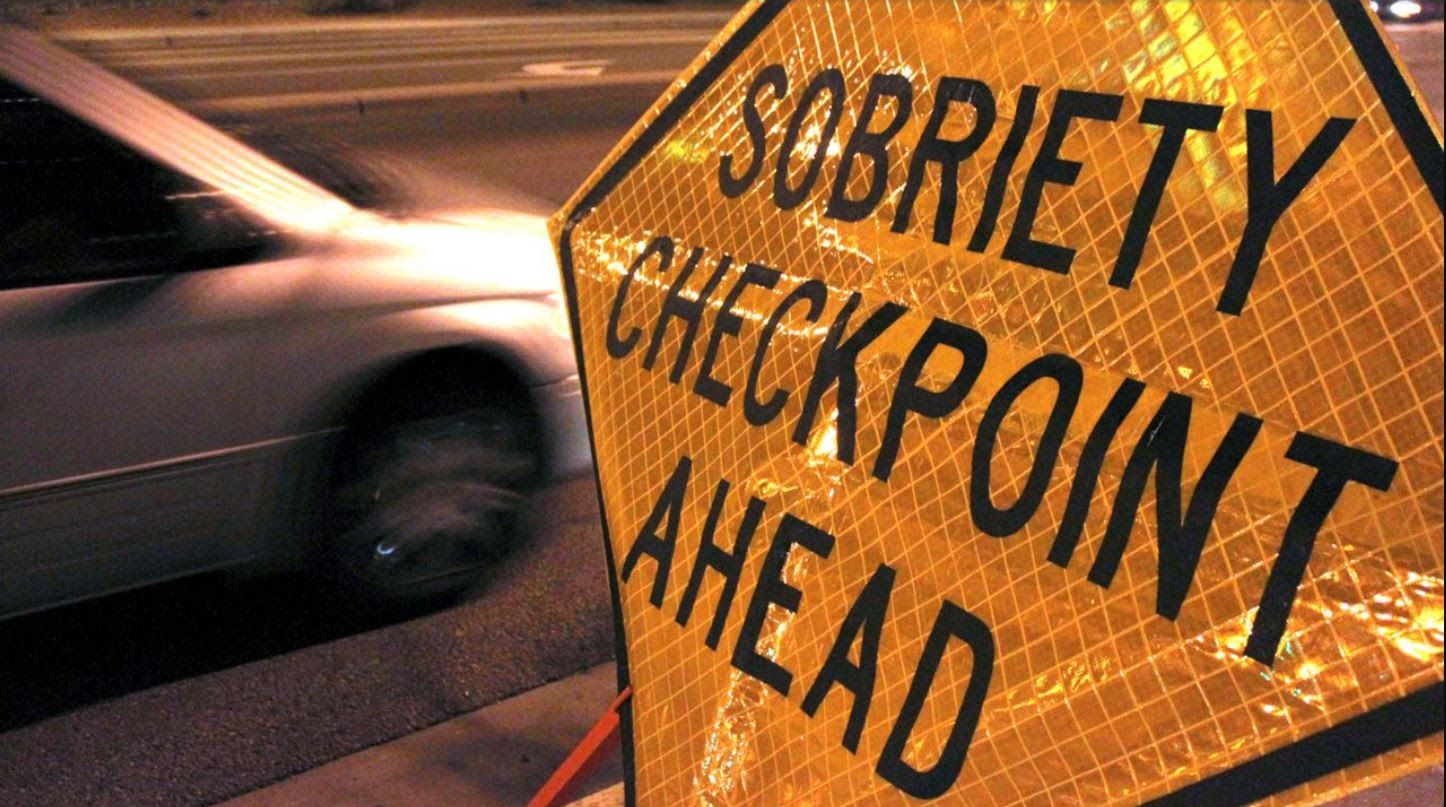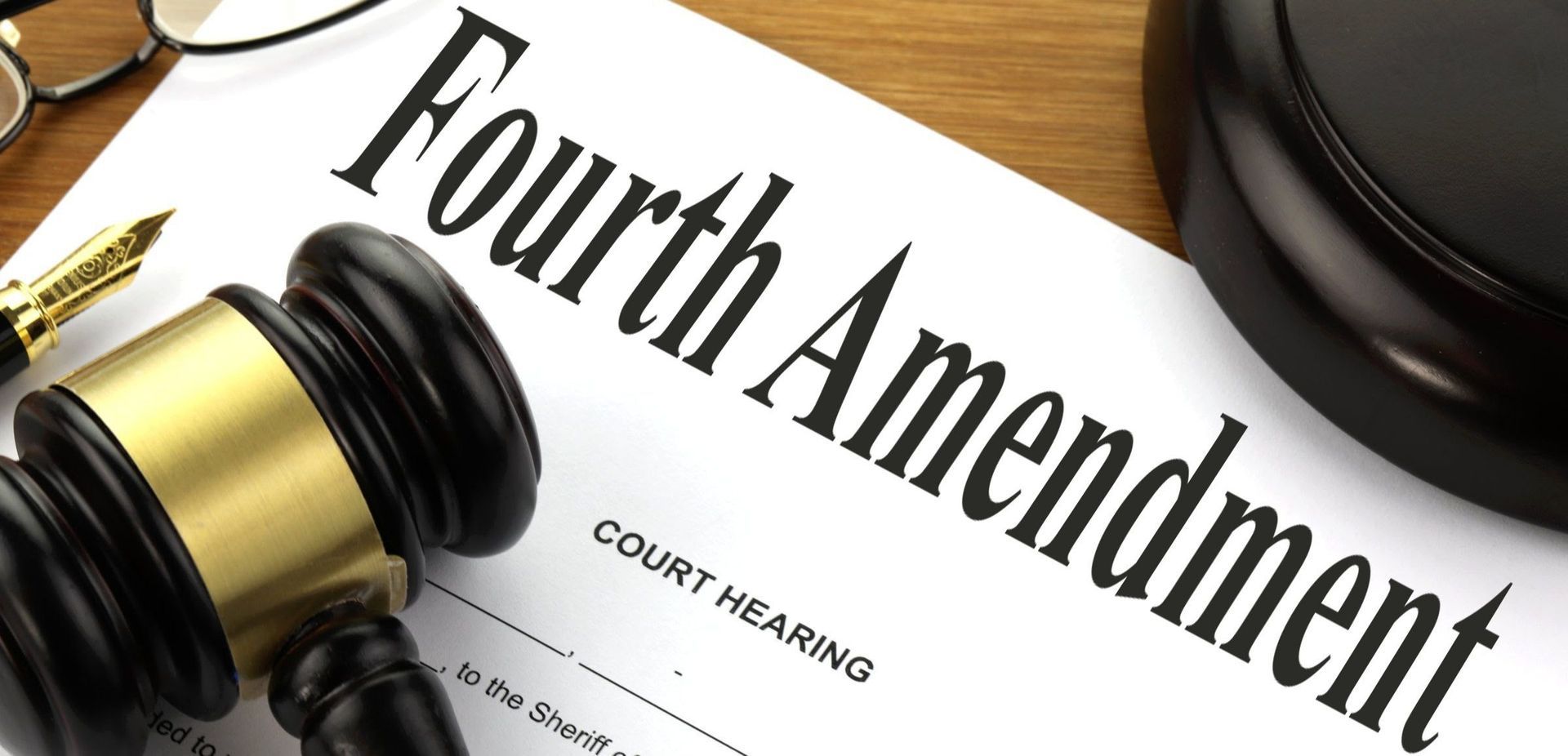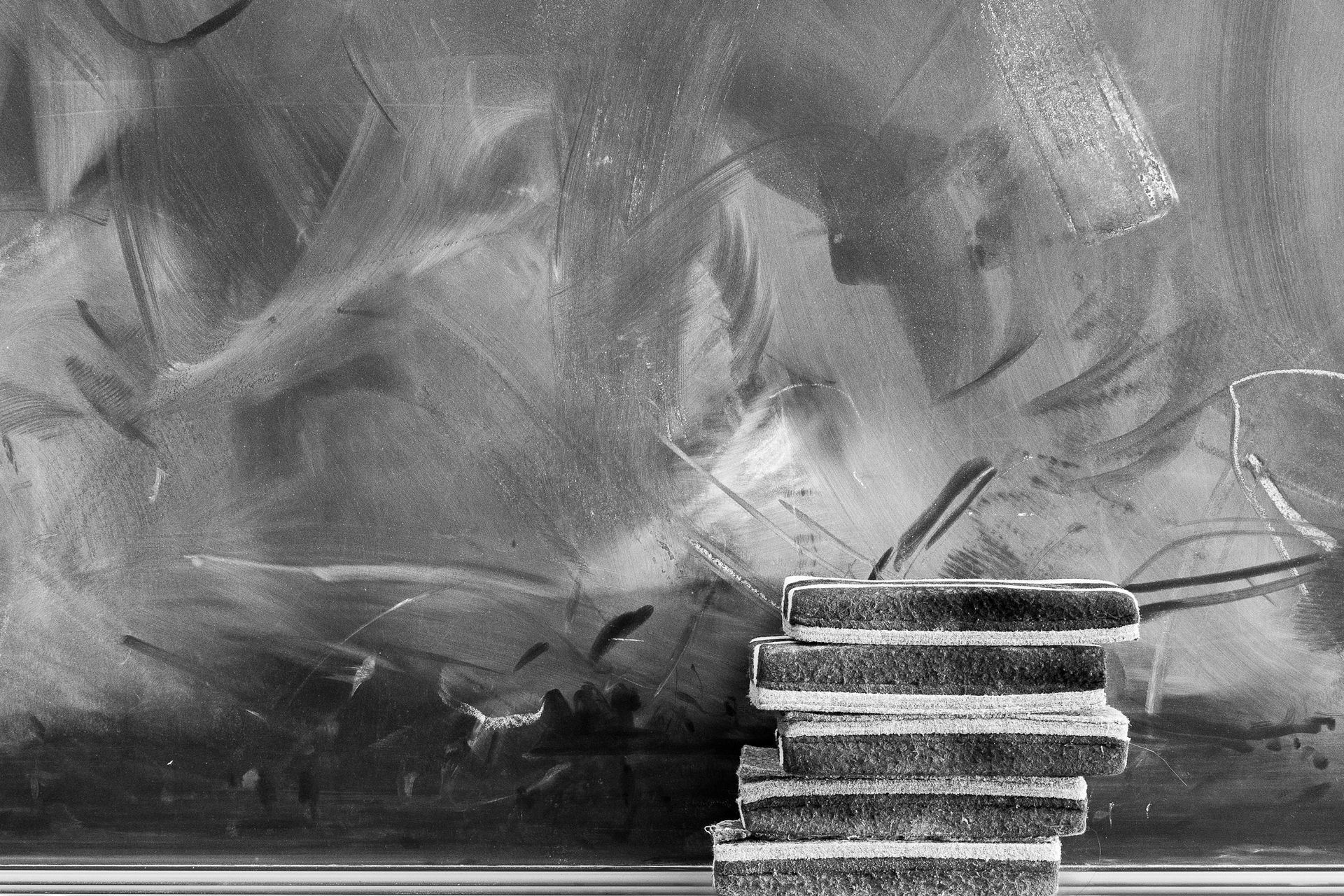Superheroes and the Real-World Legal System
The idea of a masked hero fighting crime makes for great fiction - but not so much for the real world

Though many people feel like things would be better if our country had a more straightforward approach to criminal justice, the truth is the framers of the Constitution imposed several safeguards to protect the populace from abuses of the formidable power of government. The idea that a person could have formidable enough power themselves - whether it be inhuman strength or speed, or advanced technological capability - to fight crime is a continuation of ancient archetypes of good triumphing over evil without the complications and tedium of a carefully measured legal process. But would Superhero vigilantes actually work under our laws?
Fourth Amendment
"The right of the people to be secure in their persons, houses, papers, and effects, against unreasonable searches and seizures..."
Civilians are not bound by the Fourth Amendment, until they work in conjunction with law enforcement or at the command of law enforcement. Then they become "an agent of the state" and evidence they gain must be obtained within the boundaries of the law, as if they themselves were a police officer. Many superheroes are known to work very closely with law enforcement, and at that point they are no longer mere civilians that can skirt the law to obtain evidence of wrongdoing.
Fifth Amendment
"No person shall be held to answer for a capital, or otherwise infamous crime, unless on a presentment or indictment of a grand jury... nor be deprived of life, liberty, or property, without due process of law..."
Eighth Amendment
"Excessive bail shall not be required, nor excessive fines imposed, nor cruel and unusual punishments inflicted."
There are certainly instances of immediate danger where civilians and law enforcement can act with force. However, when that level of response is implemented, those actions are heavily scrutinized, often by a Jury. While a civilian is not bound to these the way that the government is, circumvention of these concepts in the pursuit of justice often means acting on the wrong side of the law. A costumed vigilante would find themselves defending their own actions in court, and in many stories they are considered outlaws for what they do.
Speaking of the hero becoming the defendant, there is another kind of setting where a hero may find themselves explaining to a jury that their actions were justified: a civil lawsuit. Personal injury liability would be extraordinary for the masked crime fighter. Unlike law enforcement, they have no qualified immunity so any injury they cause in the course of their actions could have them facing a civil jury.
Sixth Amendment
In all criminal prosecutions, the accused shall enjoy the right to a speedy and public trial, by an impartial jury...[and] to be confronted with the witnesses against him."
The Sixth Amendment represents the biggest barrier to the concept of a superhero fighting crime while maintaining a secret identity. There are steps that Courts can take to protect witnesses, but the law depends on verifiable witnesses giving testimony. If the hypothetical masked hero insists upon keeping their identity secret, they could not testify in court. In the real world, when the key witness refuses to testify and there is little independent evidence or that evidence can't be connected to the alleged crime without the testimony of said witness, the case falls apart and gets dismissed.
The Constitution contemplates a system of justice built upon restraint of the formidable power of the government. Superheroes, antiheroes, and masked vigilantes are a modern imagining of ancient archetypes which speak to a shared desire to see good triumph over evil. The kind of Justice the framers of the Constitution imagined, however, depends on transparency, due process, and the law -- not capes and shadows.



